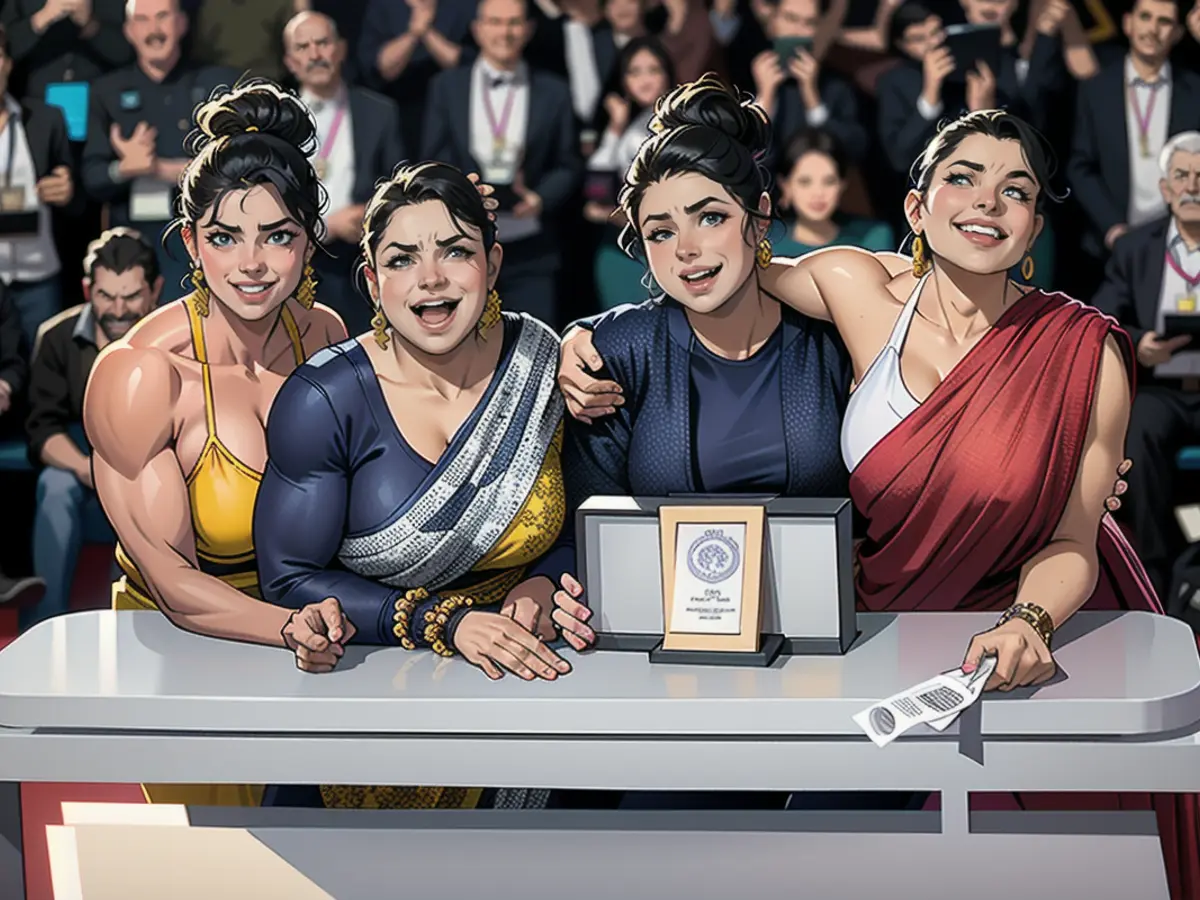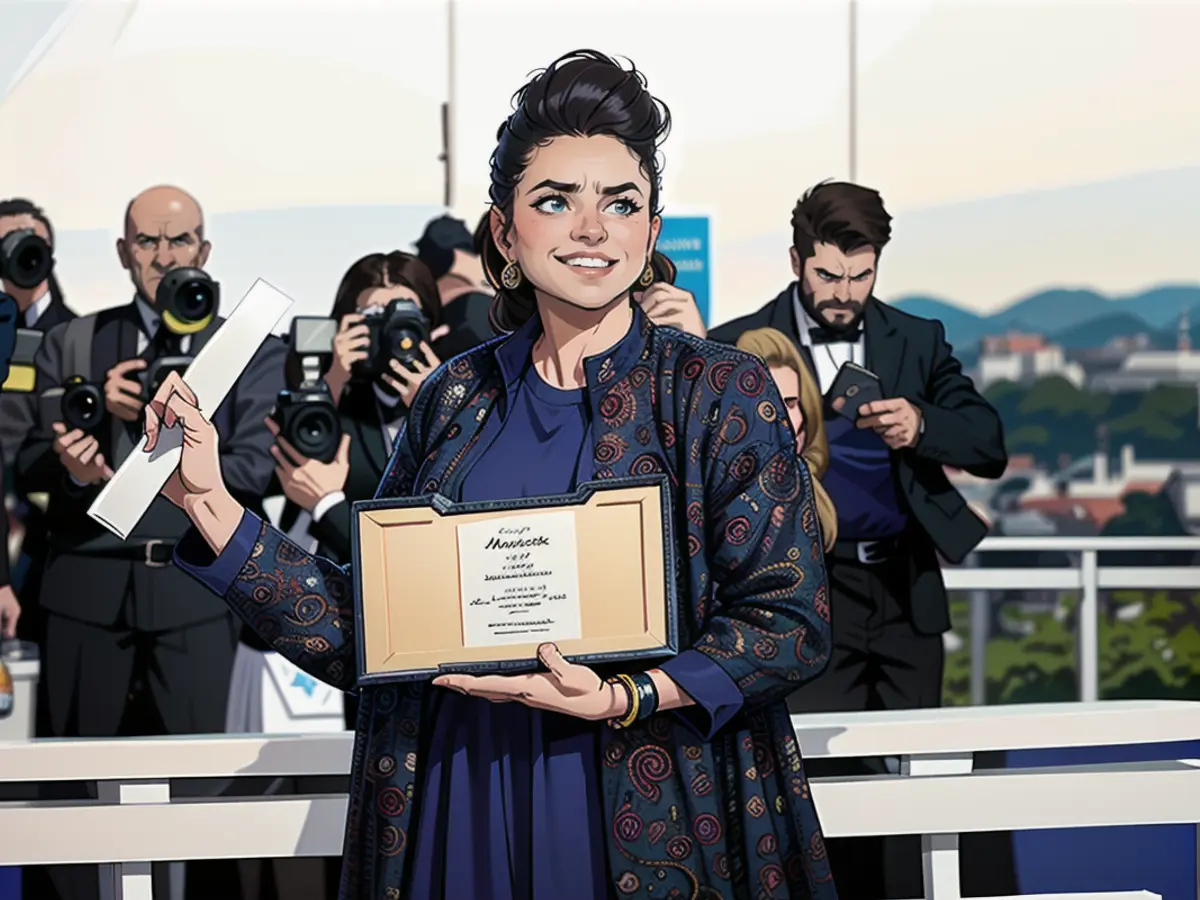Historic India Grand Prix victory at Cannes Film Festival celebrated.
Kapadia's movie "All We Imagine As Light" is a heartwarming tale about two Malayali nurses who relocate to Mumbai and face life's challenges, love, and sisterhood. It's the first Indian film in three decades to compete in Cannes' main competition.
Kapadia expressed her delight in her acceptance speech, thanking the Cannes' jury, which included director Greta Gerwig and actor Lily Gladstone, saying, "Please don't wait another 30 years for an Indian film."
Her win has created a buzz in the country, with many on social media, including top politicians, acknowledging its importance. India's Prime Minister Narendra Modi called the achievement "historic," saying the director's talent shines globally and inspires a new generation of Indian filmmakers.
Rahul Gandhi, an Indian National Congress leader, also congratulated her along with Anasuya Sengupta, the first Indian actor to win Best Actress for her role in "The Shameless." Gandhi wrote on the platform, "Indian stars shining bright... These women have made history and inspired the entire Indian film fraternity."
Independent filmmaker Sooni Taraporevala, who worked on "Salaam Bombay!" which won the festival's Camera d'Or in 1988, said Kapadia's win has touched her and other women in the indie film scene. It's made them believe in their dreams and raise their spirits in an industry dominated by mainstream productions.
When "All We Imagine As Light" premiered, it received a standing ovation for eight minutes.
Critics have praised the film's depiction of the romance between the main character Prabha (Kani Kusruti) and her Muslim boyfriend (Hridhu Haroon) as bold, given the country's growing religiosity divide.
India is the world's largest film producer, yet it still trails behind Hollywood in terms of international recognition and major awards. Last year, India's "RRR," a Telugu-language historical fantasy, became the first feature film to win an Oscar, for Best Original Song. The track "Naatu Naatu" was admired for its catchy tune and energetic dance.
Another Indian filmmaker, Kartiki Gonsalves, won the prize for best documentary short at the ceremony.
In 1947, filmmaker Chetan Anand won Cannes' grand prize for his film "Neecha Nagar."
Kapadia had previously received the festival's L'Oeil d'Or award for her hit documentary "A Night of Knowing Nothing," which tells how a film student tries to maintain a relationship with his ex despite their different castes.

Read also:
- Caught up in the present: the end of "The Crown"
- Through New Year's Eve with TV shows
- What's next for the series hits?
- Which shows will be on?
After the historic victory, there's a growing interest in exploring Indian cinema's rich arts and style. This triumph has inspired many filmmakers to embrace unique narratives and styles in their work.
Critics have commended the film's innovative blend of art and style, showcasing the depth and diversity of Indian cinema.
Source: edition.cnn.com








